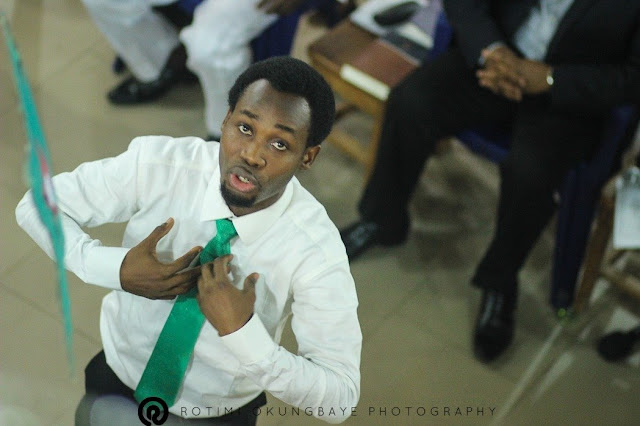Umar Farouk Abdulmutallab, the 24-year-old Nigerian man who has pleaded guilty to trying to blow up a transatlantic flight on Christmas Day 2009, appears to have lived a life of privilege.
As the son of one of Nigeria’s most prominent businessmen he had access to international travel and a world-class education.
He has been described by one former British teacher as a dream student.
But people close to him have said he was increasingly showing signs of extremist views before his attempted act of terrorism.
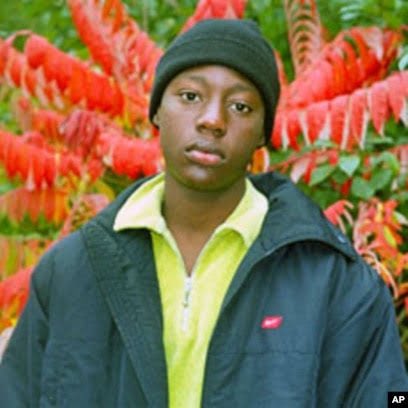
Abdulmutallab’s father, Alhaji Umaru Mutallab, said he had approached the US and Nigerian authorities to warn them about his son’s views in November – weeks before the attempt to destroy the flight to Detroit.
Nigerian media quoted Mr Mutallab, an influential banker who is well connected in Nigerian politics, as saying his son first became radicalised while studying at the British School in Lome (BSL), Togo.
Michael Rimmer, a Briton who taught him history, told the BBC Umar Farouk Abdulmutallab had been “every teacher’s dream – very keen, enthusiastic, very bright, very polite”.
He had excelled in Islamic scholarship at the British school and gained a reputation for preaching to other students, said Mr Rimmer.
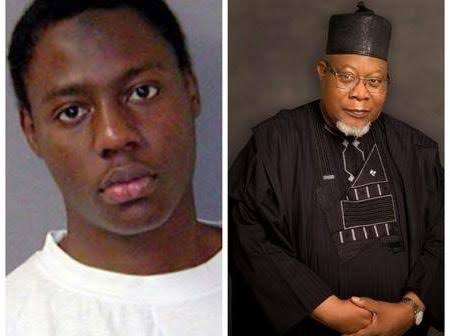
Mr Rimmer said his former student had always been “very religious” and occasionally aired opinions which were “a bit over the top”.
“In 2001 we had a number of class discussions about the Taliban. All the other Muslim kids in the class thought they were just a bunch of nutters, but Umar spoke in their defence,” said Mr Rimmer.
But he assumed Abdulmutallab was “just playing devil’s advocate, trying to keep the discussion going”.
Between 2005 and 2008, Abdulmutallab was enrolled on a course in mechanical engineering at the prestigious University College London.
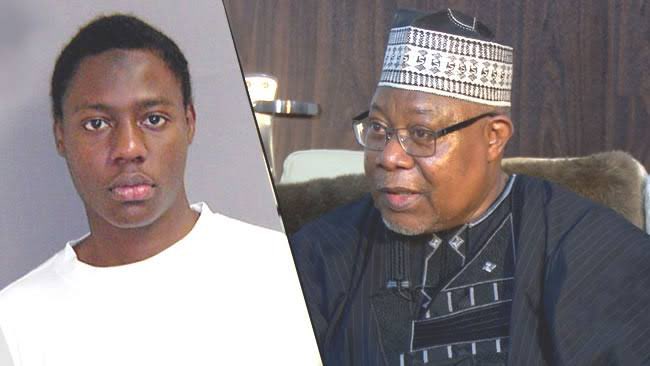
A former close friend of Abdulmutallab told the BBC he also believed he was recruited only after leaving the country in 2008.
Qasim Rafiq, who knew the suspect for three years at UCL and preceded him as president of its Islamic Society, said he had shown no signs of violent extremism while living in the UK.
Media reports say Abdulmutallab lived in comfort during his studies, in an apartment in a smart neighbourhood of west London.
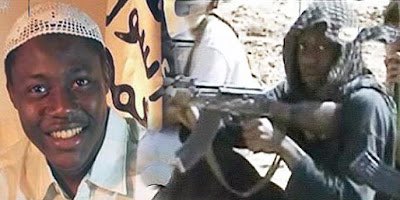
After graduating in 2008, he told his family he wanted to continue learning, by moving to an Arab country to study Arabic.
His family told the BBC Abdulmutallab’s parents decided to send him to Dubai to study for a post-graduate degree in business management, thinking he would benefit from its cosmopolitan nature and would not be exposed to extremist influences.
But despite his parents’ objections, he abandoned the course before it was finished, saying he was no longer interested and had found an alternative course in Yemen.

He said the seven-year programme would cost nothing and that it did not matter if his Nigerian passport expired – he would be able to obtain a Yemeni one.
When his mother contacted him to urge him to reconsider, Abdulmutallab told her not to get in touch again as he had found “a new life” and they no longer had any ties to him.
It was at this point, the BBC was told, that Mr Mutallab attempted to travel to Yemen to bring his son home. He also sought help from the US, Nigerian and Saudi authorities, telling them he was concerned by his son’s behaviour.

US and Yemeni officials have linked him to radical cleric Anwar al-Awlaki, whom he is said to have met while in Yemen before the attack, and that he was trained for the attack in Yemen, by the Yemen-based Al-Qaeda in the Arabian Peninsula.
Having pleaded guilty at his trial in Detroit, he is set to face life in prison when he is sentenced on 12 January 2012.
Despite being on a US terrorism database of 550,000 suspects, Abdulmutallab was not on shorter lists of people banned from flying in the country or subject to additional security screening.
He was able to fly from Lagos to Amsterdam and then board a plane bound for Detroit with high explosives – PETN and TATP – allegedly sewn into his underwear.

He tried to detonate the explosives by injecting chemicals into them, before being overpowered by passengers and crew. He was badly burned in the process.
US officials said that after his arrest he spent several hours with the FBI and provided them with “usable, actionable intelligence”.
Abdulmutallab is reported to have told investigators he had links to al-Qaeda and had received his explosives in Yemen. Yemen denies this, saying they came from Nigeria.
Last January he was indicted by a US grand jury on six charges, including the attempted murder of the plane’s 290 passengers and crew, and attempted use of weapons of mass destruction.
In 2011 October, Abdulmutallab pleaded guilty at his trial, reportedly saying he was “guilty of this count in US law but not in the Koran”.
During earlier court appearances he made several outbursts, shouting “Anwar is alive” and “Osama is alive” – apparently referring to his al-Qaeda recruiter killed in a drone strike, and Osama Bin Laden, killed by US forces in May.
He also pledged that militants would wipe out “the cancer US”.
After his arrest, his family informed the BBC that they had not heard from him. However, in 2022, it was reported that his mother and siblings had visited him.
Sharing is caring

